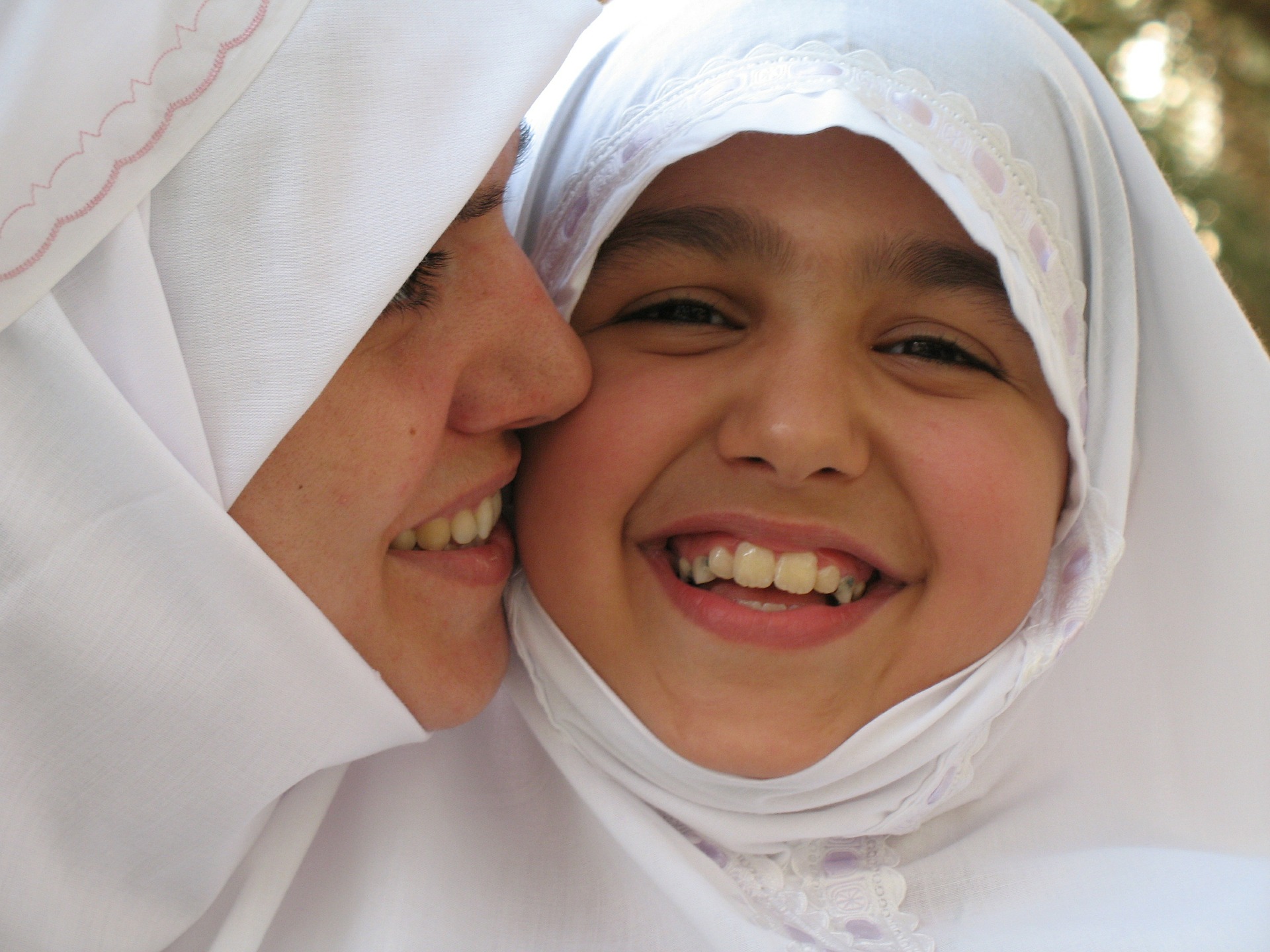Western fears about Islam and Muslims seem to be surging again, and there are political and religious leaders quick to point to anecdotes or news clips that only further incite tensions and hostility.
They emphasize horror stories and brutal tragedies that can affirm our worst suspicions about a religion and its followers that still seem very foreign to us, although many Westerners have lived or worked peacefully alongside Muslim neighbors for years.
When the threat of violence seems imminent, or is made to appear that way, our tendency to be fair in our analysis and opinions decreases. And that’s why, at this combustible moment in history, I think listening to voices like that of Dalia Mogahed is more vital and helpful than ever.
In her recent TED Talk, Mogahed asks the question: “What do you think when you look at me? A woman of faith? An expert? Maybe even a sister. Or …oppressed? Brainwashed? A terrorist? Or just an airport security line delay? If some of your perceptions were negative, I don’t really blame you. Eighty percent of news coverage of Islam and Muslims is negative.”

Why is it important to point to Muslim women like Mogahed in a cultural climate that draws our attention more readily to women like Gyulchehra Bobokulova and influences media-fed perspectives to see her, or to see ISIS, as representative of Islam?
Sometimes focusing on the worst-case scenario, the violent potential of a group considered to be the “enemy,” feels wisest when – again – fear is dominating our thought processes.
In her TED talk, Mogahed poses the question: “What will you choose at this time of fear and bigotry? Will you play it safe, or will you join those who say, ‘we are better than that’?”
It’s certainly a valid question. But as a follower of Jesus, I’d like to pose a slightly different challenge to other followers of Jesus.
Perhaps our motive wouldn’t be that we are “better than that” – better than the hatred, the fear, the bigotry.
Perhaps our response could be a humility that acknowledges that a mindset of hatred and fear is, too often, exactly who and what we are by nature, that it is our wired default mode, and that it is also exactly what God, in his mercy, is rescuing us from in Christ.
I say that because I listened to Mogahed in my Beirut apartment, recently, the same week that I was pondering two passages from the Bible, verses whose key words linked them together in my mind.
When the apostle Paul writes to one of his mentees, Titus, in the biblical book that bears his name, he reminds him that “We ourselves were once … hated by others and hating one another” (Titus 3:3, ESV).
Those descriptors fall within a list of all-too-accurate characteristics consistent with what I understand to be the biblical picture of our fallen nature. Paul goes on to make a transitional statement: “But when the goodness and loving kindness of God our Savior appeared, he saved us …according to his own mercy” (Titus 3:4-5, ESV).
It was this reference to God’s mercy (in a chapter that also calls us to “speak evil of no one” and “show perfect courtesy to all people,” interestingly) that made me think of James 3:17-18.
Here, wisdom is described as being “full of mercy,” which should be such a distinctive way we, who have been shown mercy by God, reflect and imitate him (Ephesians 5:1).
This wisdom is also described as “peaceable” and “open to reason.” The passage closes with the observation, “And a harvest of righteousness is sown in peace by those who make peace.”
What relevant words, as we navigate these times!
Why should we strive to draw as much (or more!) attention to peaceful Muslims like Mogahed – to those who sound and feel less like someone distant, less likely to create fear in our hearts, and more like a non-threatening friend and neighbor – as we do to Muslims engaged in violence?
Why should our desire be to attain a fair, reasonable understanding of the diverse interpretations of Islam and to give the benefit of the doubt to our Muslim neighbors, and to refugees who would become our neighbors if we would let them?
Why should we attempt potentially complicated, unpopular efforts to “sow peace” in a climate characterized by fear, distrust, and toxic assumptions?
Because that is what the Bible calls wisdom and, perhaps more importantly, because hatred and fear are no longer to describe those who’ve been saved by God’s mercy, shown to us in Jesus.
Because mercy-receivers become mercy-showers or, more specifically, merciful, peaceable, reasonable thinkers.
As Mogahed rightly challenges people to avoid believing inaccurate representations of her holy book, the Quran, let’s be diligent to accurately reflect and live by the teachings of our own.
